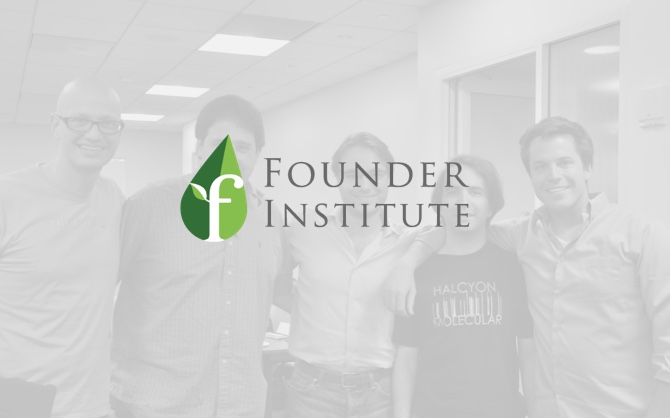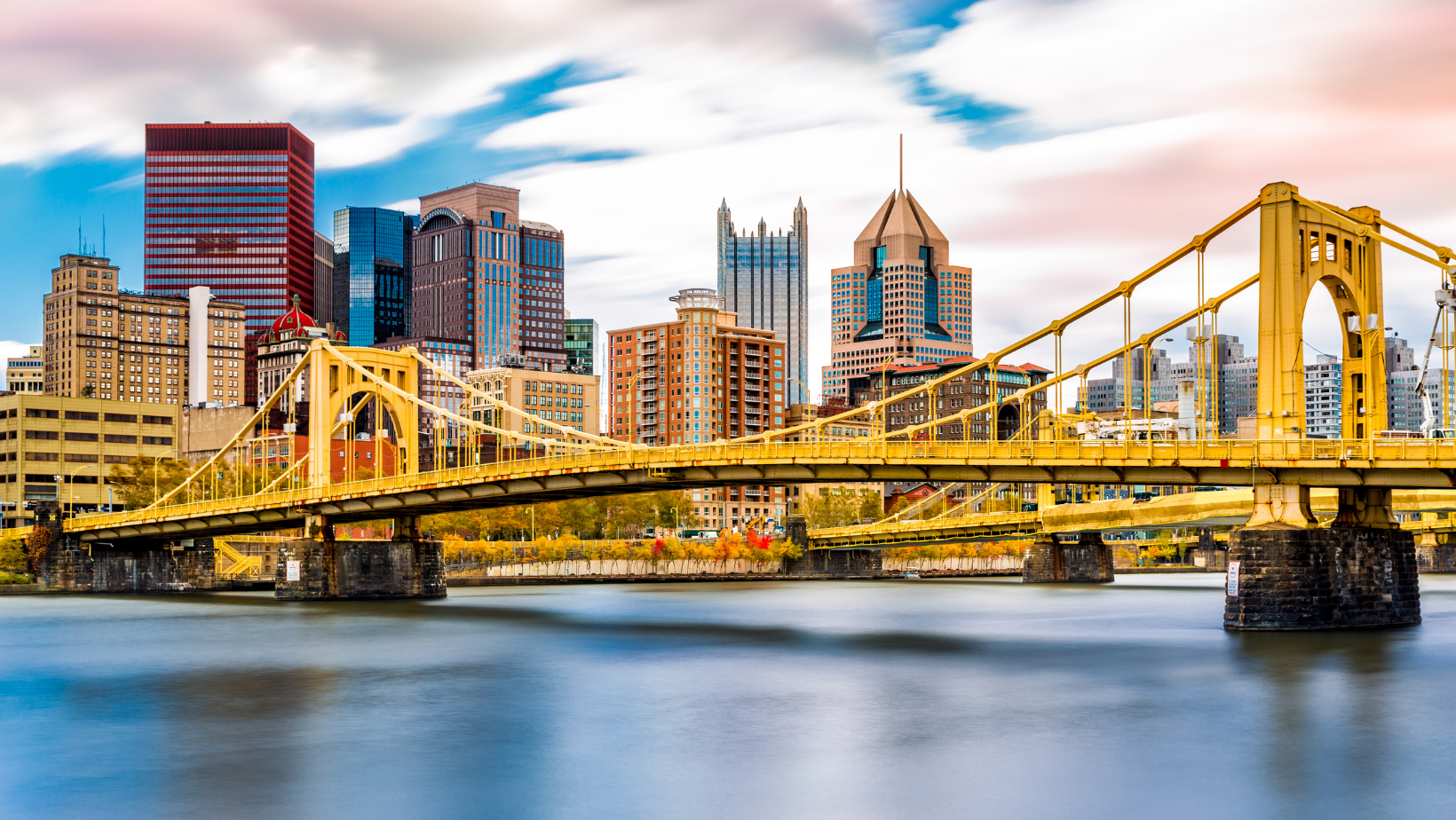
Seattle is truly a GREAT place to build a startup, but most of the early-stage entrepreneurs we speak to are not aware of the local resources that are available to help them.
With applications for the Seattle Founder Institute coming to a close, we are excited to re-release the updated Seattle Startup Ecosystem Canvas, which is currently in V2 below! It was developed by the Seattle Founder Institute and local leaders Aswin Pranam, Raghav Nair, and Robert Le. Many Founder Institute Mentors also contributed.
More input is needed, so please leave your comments on this collaborative Google document, and it will be considered for the next update!
Below you can also find a text synopsis of the infographic:
Startup Stages
There is no one right way to build a technology company, but for the sake of simplicity we have outlined a basic, common, sequential framework.
1. Idea Stage
This is where new entrepreneurs get inspired, learn best practices, develop skills, validate ideas, and begin to build their team and product.
A. Inspire
- Startup Media: Centralized local information, listings, and news. (i.e. startup blogs/ publications/ lists/ FB groups/ newsletters)
- Inspirational Events: Open, inclusive, beginner startup events (i.e. Startup Weekend, idea fairs, and inspirational meetups)
B. Educate
- Best Practices: Beginner knowledge-sharing events. (i.e. beginner events that serve to educate more than inspirate)
- Training & Feedback: Skill & Idea development. (Ex. bootcamps and comprehensive training programs)
C. Validate
- Team Formation: Resources for teaming up. (i.e. events or other resources that facilitate early-stage recruitment and cofounder matching)
- Build First Product: Hackathons & resources to build. (i.e. hackathons and other builder-focused events and resources)
2. Launch Stage
In this stage, entrepreneurs establish and formalize the company, develop the product, get feedback from customers, and prepare for the next step.
A. Start
- Establish: Law firms & banks for startups
- Workspace: Co-working and flexible workspaces (note: “official” office space goes in 3.1.a. Infrastructure)
B. Develop
- Formalize: Accounting, development and HR for early-stage startups.
- Prepare for Seed: Incubators and advanced mentorship. (i.e. advanced knowledge sharing, later stage events and resources for startup teams)
C. Launch
- Seed Accelerators: Seed funding mentor programs (Techstars-style programs that provide funding)
- Pitch & Demo: Show local startups for investment (i.e. demo days for companies seeking seed investment)
3. Growth Stage
Here, a startup proves their utility, receives recognition, and scales up. This usually requires funding, angels, VCs, and ways to connect them to startups.
A. Recognition
- Investor Networking: Connect professional investors with founders. (i.e. events or groups that facilitate connections with professional investors)
- Major Media: Mainstream local business press. (i.e. major local or regional publications that frequently champion local businesses)
B. Funding
- Angels / Micro-VCs: Seed-stage investors
- Venture Capitalists: Series A and beyond
C. Growth
- Infrastructure: Office space, HR, local business insurance. (i.e. office space/ HR/ insurance providers for capital-rich companies to grow and scale)
- Expansion: Growth accelerators/consultants. (i.e. programs and business consultants for capital-rich companies to grow and scale)
4. Success Stories
Successful homegrown companies that have raised significant institutional funding, employ a large workforce, or have achieved liquidity.
- Amazon
- Apptio
- Big Fish Games
- Booktrope
- Buddy TV
- Cheezburger
- Dreambox
- EveryMove
- GameHouse
- Gist
- Intelius
- Julep
- Microsoft
- Moz
- OfferUp
- Ontela/ Photobucket
- PayScale
- PetHub
- PopCap
- Porch
- RealNetworks
- Redfin (More info)
- Rhapsody
- Simply Measured
- Socrata
- Tableau
- TalentWise
- Urban Airship
- Wavii
- Wildtangent
- Zulily
- Zillow
Supporters
To facilitate the steps, every ecosystem needs strong supporters.
1. Evangelists
Successful local founders who lead the ecosystem & frequently mentor newbies. (i.e. Local leaders who have taken a leadership position, speak at a lot of startup events, mentor all the programs, etc)
- Bob Crimmins
- Chaks Appalabathula
- Chaya Jadhav
- Chris DeVore
- Dan Shapiro
- Dave Parker
- Diane Njam
- Gary Rubens
- Glenn Kelman
- Gillian Muessig
- Heather Redman
- Janis Machala
- Jaren Schwartz
- Joe Walin
- John Cook
- John Sechrest
- Josh Holmes
- Josh Maher
- Karen Rosenzweig
- Katie Chase
- Kevin Croy
- Marc Nager
- Marcelo Calbucci
- Maria Dykstra
- Mark Hancock
- Martina Welke
- Matt Dyor
- Mukund Mohan
- Peter Chee
- Pradeep UN
- Rand Fishkin
- Ravi Gadde
- Rebecca Lovell
- Rudy Garde
- Saibaba Talluri
- Sanjay Puri
- Sarah Bird
- Scott Berkun
- Shauna Causey
- Srikanth Kasam
- Tamara Adlin
- T.A. McCann
- Yi-Jian Ngo
- Yoli Chisholm
2. Government
Public organizations that facilitate local economic development
- Bellevue Chamber of Commerce
- Community Capital Development
- Economic Development Council- Seattle & King County
- Innovate Washington
- Northwest Tech Alliance
- Small Business Development Centers
- Startzone Northwest
- WBBA
- West Sound Technology Association (WSTA)
- WTIA
3. Talent
Major local business or tech universities and employers that attract and retain local talent.
- Local Universities (universities with prominent technical or business programs)
- Local Employers (Major technical employers, like Microsoft or Google or large local companies, with large local offices)
The Startup Ecosystem Canvas project seeks to provide local entrepreneurs with a clear list of resources for every stage of their startup journey, and outline a basic framework for communities to map their ecosystem.
Learn more about the Startup Ecosystem Canvas here, and if you have any comments on this canvas, please contribute to this collaborative Google document.




